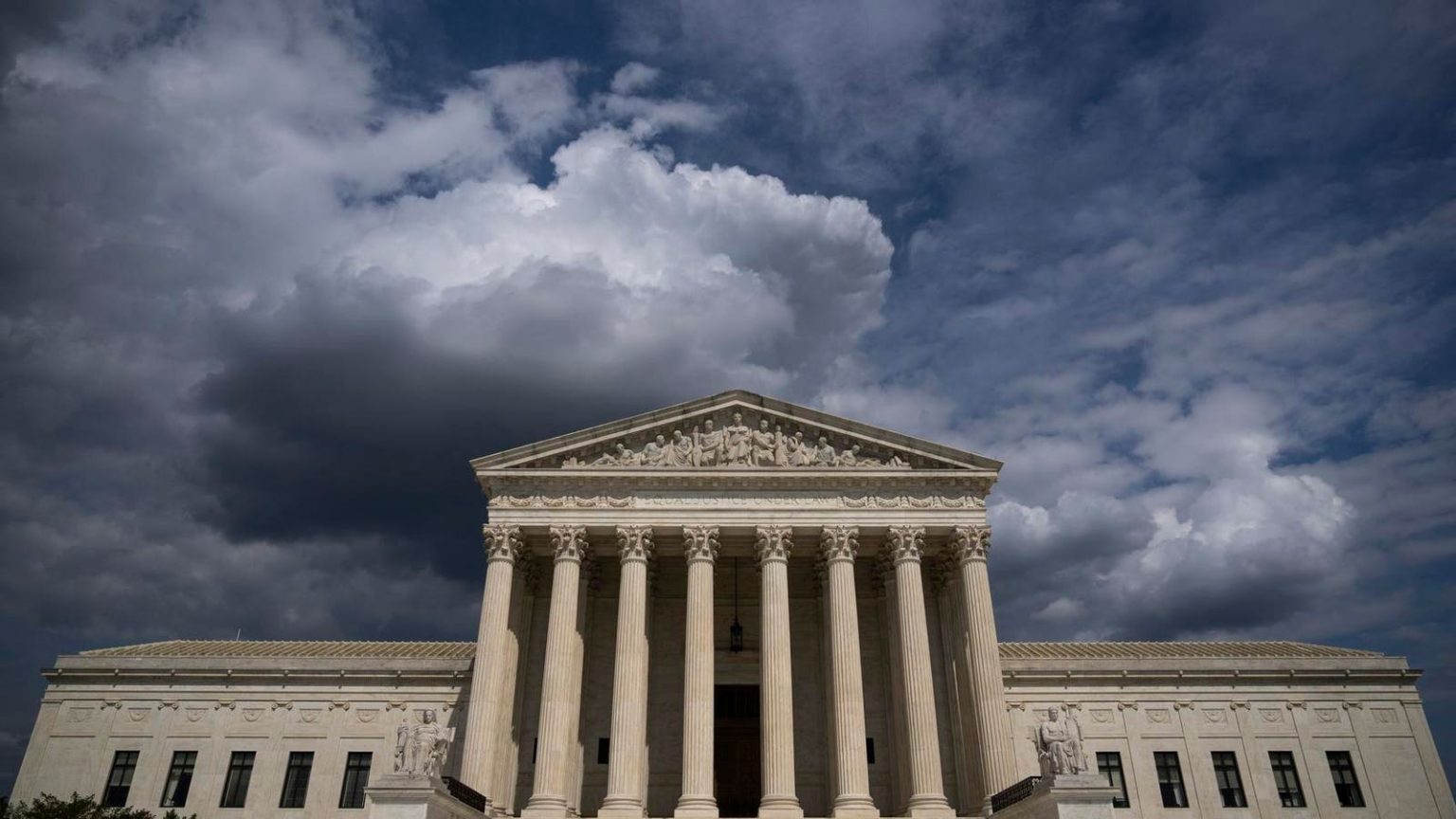Dark money has found its way into the Supreme Court through a growing trend of donors using donor-advised funds to funnel money into legally minded nonprofits. This allows donors to support organizations that help pay for lawyers, file briefs, and potentially influence court rulings while remaining anonymous. In 2022, tax filings revealed that donors sent over $48 million through donor-advised funds to groups involved in major cases at the Supreme Court, accounting for 44% of their funding. Despite the lack of transparency, some names have been linked to these donations, including Hobby Lobby founder David Green and prominent conservative families such as the Koch, Olin, DeVos, Searle, and Bradley families.
One of the main donor-advised fund providers involved in funneling money to conservative causes is DonorsTrust, which supports organizations like the New Civil Liberties Alliance that are involved in cases related to guns, social-media platforms, and the federal bureaucracy. DonorsTrust CEO Lawson Bader has denied any direct involvement with cases before the Supreme Court, despite funds from DonorsTrust being linked to organizations involved in such cases. This lack of transparency raises concerns about the influence of dark money on the country’s most important court cases.
Donor-advised funds have become a popular vehicle for philanthropy, offering donors the ability to make lump-sum contributions, receive immediate tax deductions, and distribute their funds over an unlimited number of years. Billionaires like Mark Zuckerberg, Elon Musk, Larry Page, and Paul Singer have all embraced donor-advised funds, as have individuals of more modest means. Major financial institutions such as Fidelity, Charles Schwab, Vanguard, Morgan Stanley, and Goldman Sachs offer donor-advised funds to the general public. The National Philanthropic Trust reported that annual donations to donor-advised funds more than doubled from 2018 to reach $85.5 billion in 2022.
With the increasing popularity of donor-advised funds, it is likely that more money will flow into organizations involved in important court cases in the future. This raises concerns about transparency and accountability, as donors can remain anonymous while supporting causes that may have significant legal implications. The use of donor-advised funds in politics and legal advocacy highlights the influence of dark money on the judicial system and raises questions about the potential impact on the fairness and impartiality of court rulings. As the trend of using donor-advised funds for philanthropy and political influence continues to grow, the need for transparency and oversight in this area becomes increasingly important.


